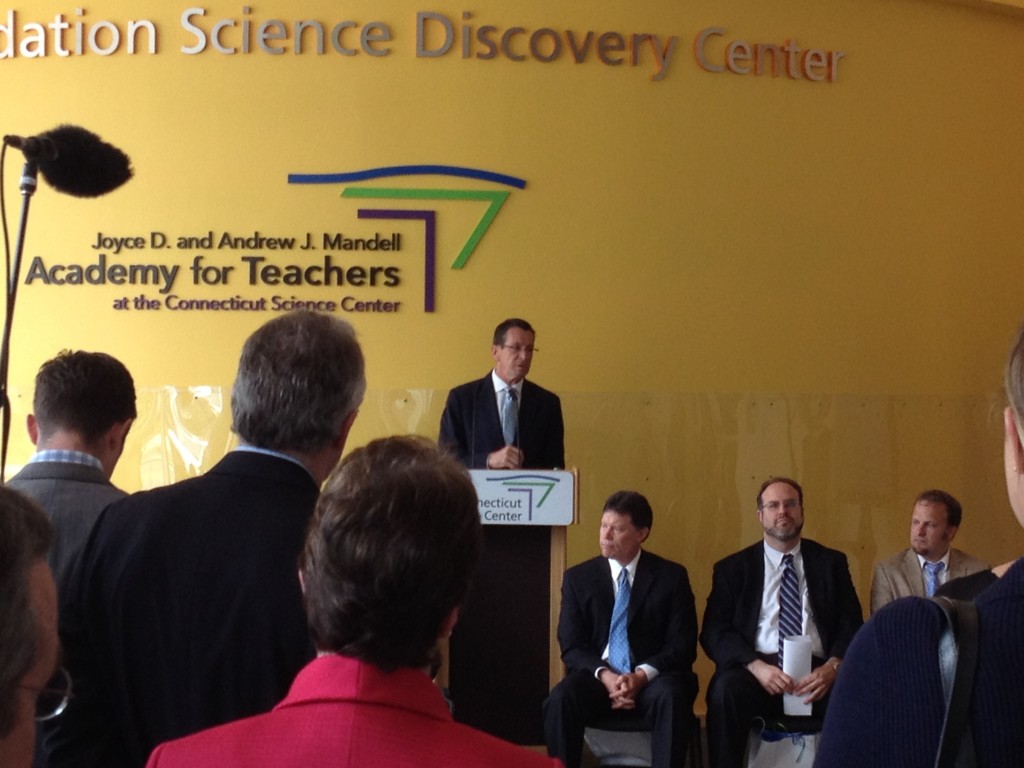Middle School Girls of Innovation to Convene in Hartford to Explore STEM Careers
/Connecticut’s ongoing effort to interest young girls in pursuing education in science and technology will receive another nudge when Girls of Innovation, the Connecticut Technology Council’s signature program for middle school-age girls, is held on June 13 at the Connecticut Science Center in Hartford.
The annual event for girls entering grades 7 & 8 provides opportunities to experience science and its challenges in a fun, interactive way, officials say. The program highlights possible careers in STEM (science, technology, engineering, math) through hands on, interactive activities led by real world tech professionals.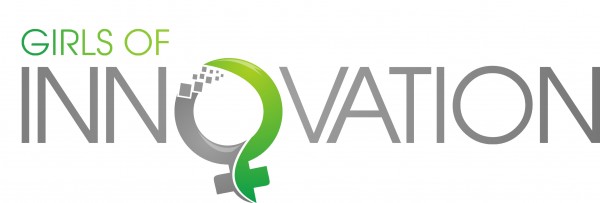
The girls in attendance will have the chance to work alongside their peers as well as with an impressive roster of volunteers who are currently working, or studying, in STEM fields in Connecticut. Volunteers come from presenting sponsor Covidien as well as professionals from CTC’s member companies and the Women of Innovation program.
A year ago, close to 40 students came to the Connecticut Science Center to experience first-hand the benefits of studying and working in STEM related careers, and gave the Girls of Innovation program high marks. Among some of the schools that have registered to participate in the 2015 program are Ansonia Middle School, Washington Middle School (Meriden), Moran Middle School (Wallingford), CT Academy of Science & Engineering, St. Brigid School (West Hartford), Bedford Middle School (Westport), Talcott Mountain Academy, Ethel Walker School, YMCA Super Girls, Irving Robbins Middle School (Newington) and King Philip Middle School (West Hartford). In addition, 12 girls from CCSU’s Institute of Technology & Business Development TRiO Educational Talent Search program have also registered.
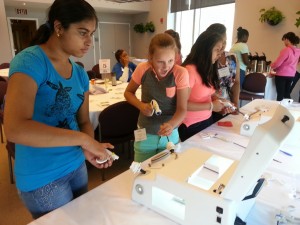
Mentors talk with students about their experiences and careers and guide them through the scientific challenges created by the Connecticut Science Center Staff Scientists. Students spend time with mentors, ask questions and discuss the benefits and challenges associated with careers in STEM, and participate in hands-on science activities.
A key message of the Girls of Innovation program is to show the girls scientists “like me” and so inspire them with the confidence, enthusiasm and persistence to continue pursuing their scientific interests, officials point out, adding that studies of cultural beliefs indicate that girls begin to conclude that STEM is not for them in middle school, and these beliefs influence choices they make throughout their school years. Stereotypes of who is a scientist are changing, but not quickly enough, organizers note.
“Spurring growth through creative invention will be a key objective of many companies in the next decade as it will provide the necessary fuel to address challenges in energy, healthcare, and global infrastructure realms. The solutions to these challenges will evolve and mature over many years and our bright and talented youth will drive the bus on this. This program is designed to galvanize our youth around invention and creative thought,” said Chuck Pagano, former Chair of the CTC Board of Directors, and VP of Technology at ESPN.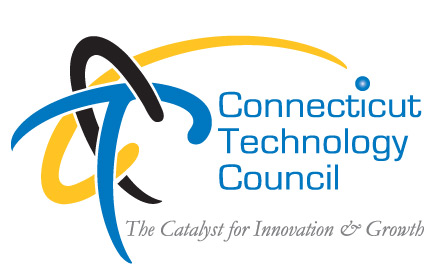
The Connecticut Technology Council is a statewide association of technology oriented companies and institutions, providing leadership in areas of policy advocacy, community building and assistance for growing companies. With over 2,000 companies that employ some 200,000 residents in the technology fields, the CTC seeks to provide a strong and urgent voice in support of the creation of a culture of innovation.



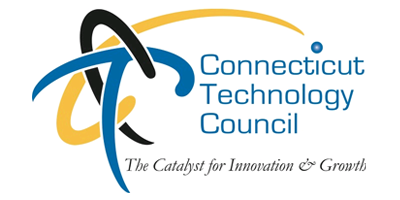 ields.”
ields.”
 se Office of Science and Technology Policy notes that “Supporting women STEM students and researchers is not only an essential part of America’s strategy to out-innovate, out-educate, and out-build the rest of the world; it is also important to women themselves.”
se Office of Science and Technology Policy notes that “Supporting women STEM students and researchers is not only an essential part of America’s strategy to out-innovate, out-educate, and out-build the rest of the world; it is also important to women themselves.”
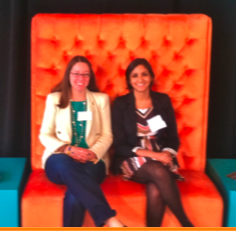 rt this new chapter,” said co-founder and CEO Kate Pipa, who lives in Shelton. “And we are excited to bring kids a new box each month of hands-on fun that also doubles as a learning opportunity and is making social impact for the kids and for our partner organizations.”
rt this new chapter,” said co-founder and CEO Kate Pipa, who lives in Shelton. “And we are excited to bring kids a new box each month of hands-on fun that also doubles as a learning opportunity and is making social impact for the kids and for our partner organizations.”
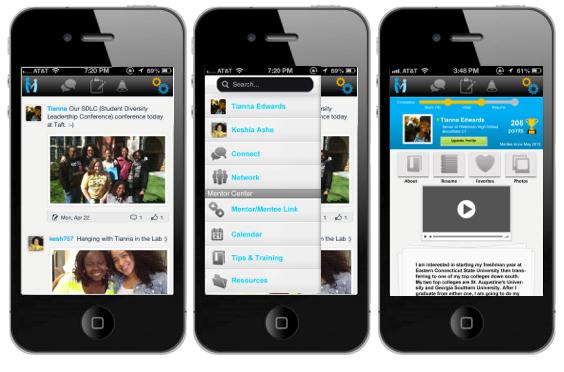
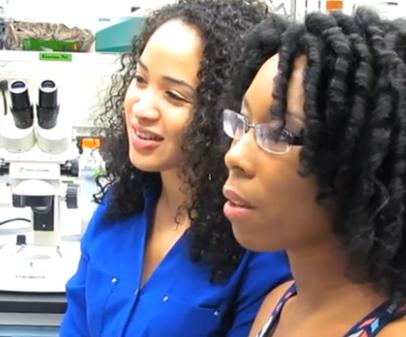 who will discuss topics such as career placement basics, salary and promotions, communication, creating support groups, being culturally aware, finding a work/life balance, and appreciating the value of staying true to oneself in male-dominated fields.”
who will discuss topics such as career placement basics, salary and promotions, communication, creating support groups, being culturally aware, finding a work/life balance, and appreciating the value of staying true to oneself in male-dominated fields.”